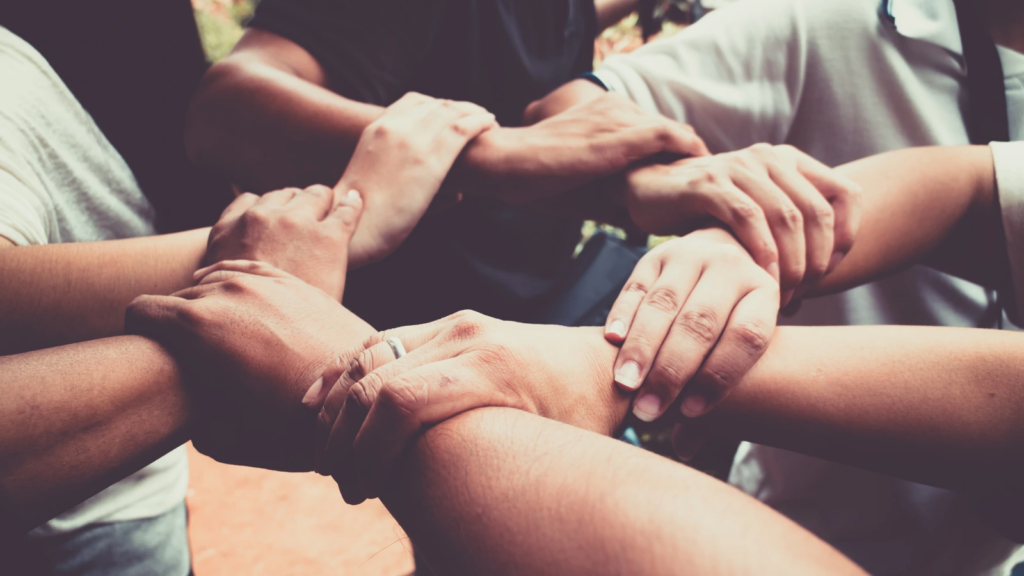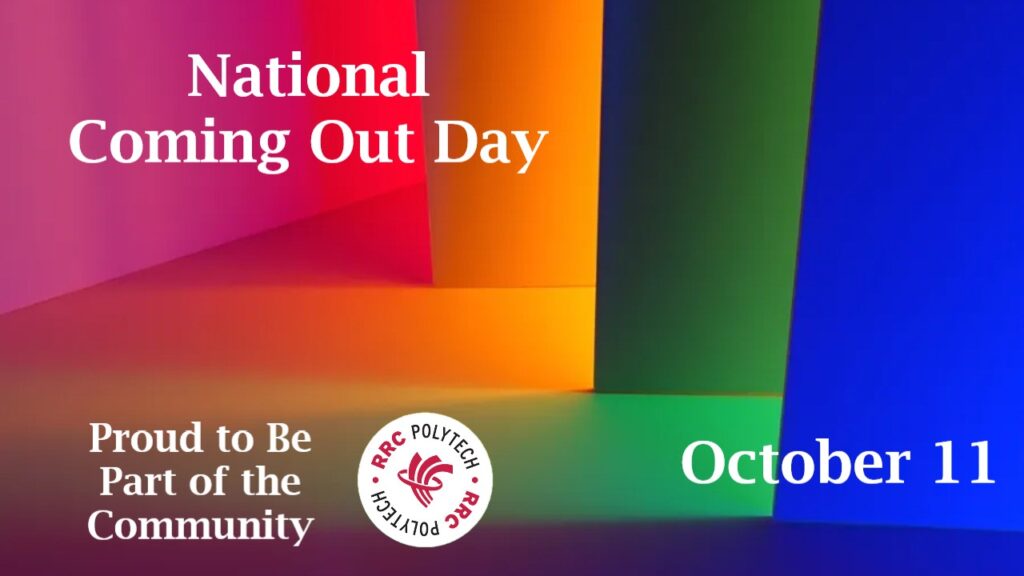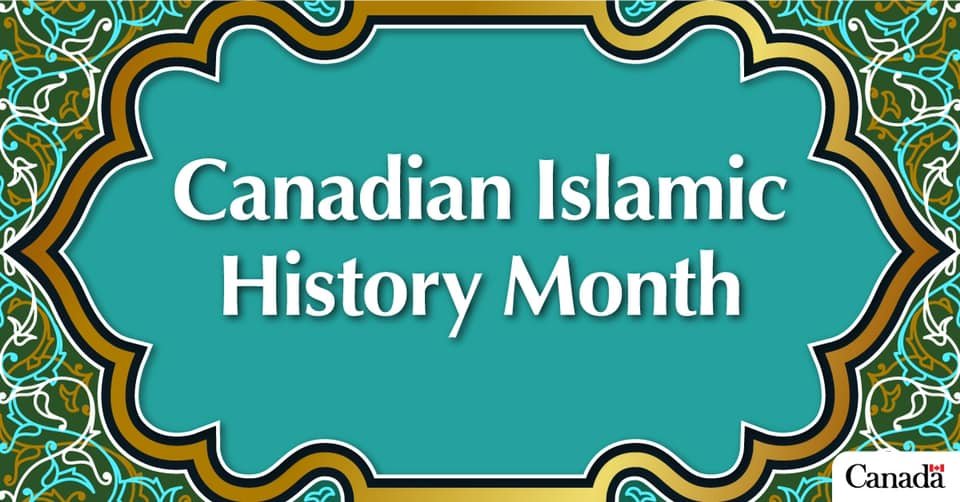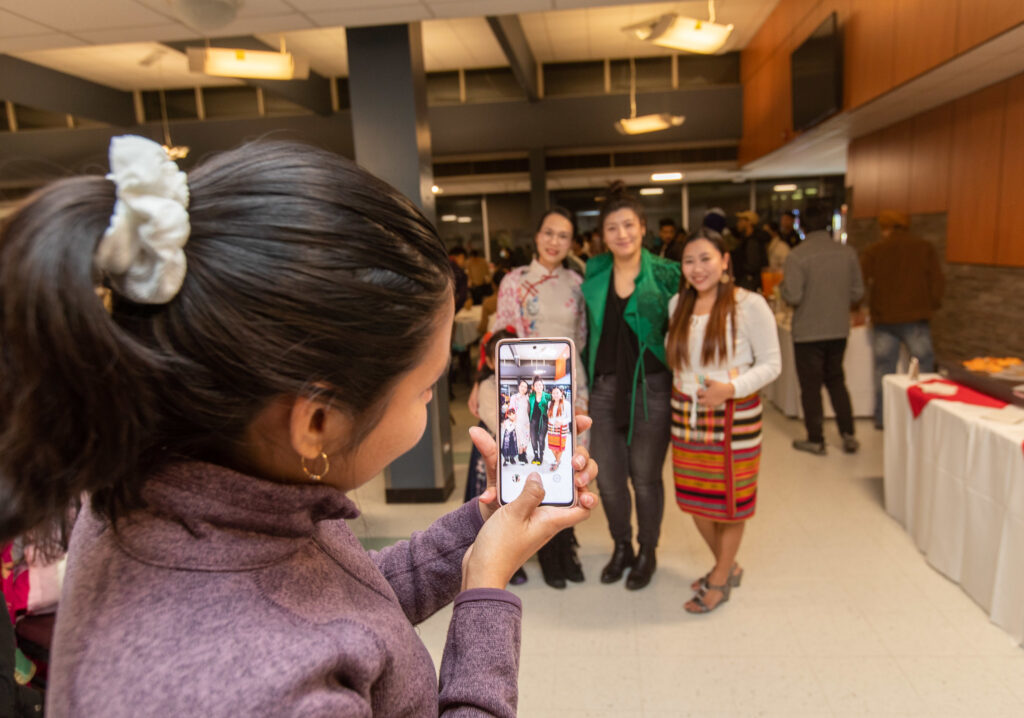Vigil for National Day of Remembrance and Action on Violence Against Women
The following message contains content related to gender-based violence, and may cause strong emotions to arise, especially for those with lived experience. It is recommended that you read the message when you feel safe and supported.
In Canada, we recognize the National Day of Remembrance and Action on Violence Against Women on December 6, to commemorate the 14 women at Polytechnique Montréal whose lives were taken due to violent misogyny. It is a time to honour these women’s lives and commemorate all the women and gender-diverse folks that we have lost due to gender-based violence.
RRC Polytech is hosting a vigil on Friday, December 5, 2025. All staff and students are invited to join the College community as we foster hope and healing for a future free from gender-based violence.
December 6 Vigil
- Date and Time: Friday, December 5, 2025, from 10:00 to 11:00 a.m.
- Location: Roundhouse Auditorium (second floor), Manitou a bi Bii daziigae, Exchange District Campus.
- The vigil will also be livestreamed. Register for the link to join.
- Speakers and Guests:
- The Honorable Renée Cable, Minister of Advanced Education and Training, Government of Manitoba
- The Honorable Nahanni Fontaine, Minister of Families, Government of Manitoba
- Fred Meier, President and CEO, RRC Polytech
- Jayne Geisel, Associate Dean, Construction, RRC Polytech
- Japsharan Kaur, Vice President, Academic, RRC Polytech Students’ Association
ASL-English interpretation will be provided. At RRC Polytech, we strive to host inclusive events. If you require accommodation, please email events@rrc.ca.
Please note that registration is not required for the in-person vigil. Coffee and tea will be provided.
Additional Ways to Recognize December 6:
- Wear a white ribbon
- Observe a moment of silence at 11:00 a.m.
- Learn more about gender-based violence
About White Ribbons
Wearing a white ribbon symbolizes your pledge to never commit, condone or remain silent about violence against women and girls. White ribbons also remind us to pause, to commemorate all women who have been killed or affected by violence, and to reflect on what can be done to help end violence.
RRC Polytech has purchased ribbons for staff and students to wear from White Ribbon. The organization was founded two years after the Massacre in Montreal when a group of men came together to look for safe ways to support women through education and allyship. This Canadian organization seeks to prevent gender-based violence through changing behaviors, attitudes, and values of man and boys throughout Canada and the world. Their values are Gender Justice, teaching men and boys how to respect women and girls, Anti-Oppression, Collaboration, Innovation, Integrity, and Compassion.
Where to Pick-up a White Ribbon
White ribbons are available at the following on-campus locations:
- Exchange District Campus
- Campus Store – Roblin Centre (Main floor of Building P)
- Security Services – Roblin Centre (Main floor of Building P)
- Security Services – Manitou a bi Bii daziigae (Main floor)
- Security Services – Paterson GlobalFoods Institute, Room 100
- RRC Polytech Students’ Association Office – P110
- Notre Dame Campus
- Campus Store – Mall Level (just off the bus loop)
- Security Services – C115
- RRC Polytech Students’ Association Office – CM-20 (Mall Level, C Building)
Ribbons are also available at Regional Campus offices.
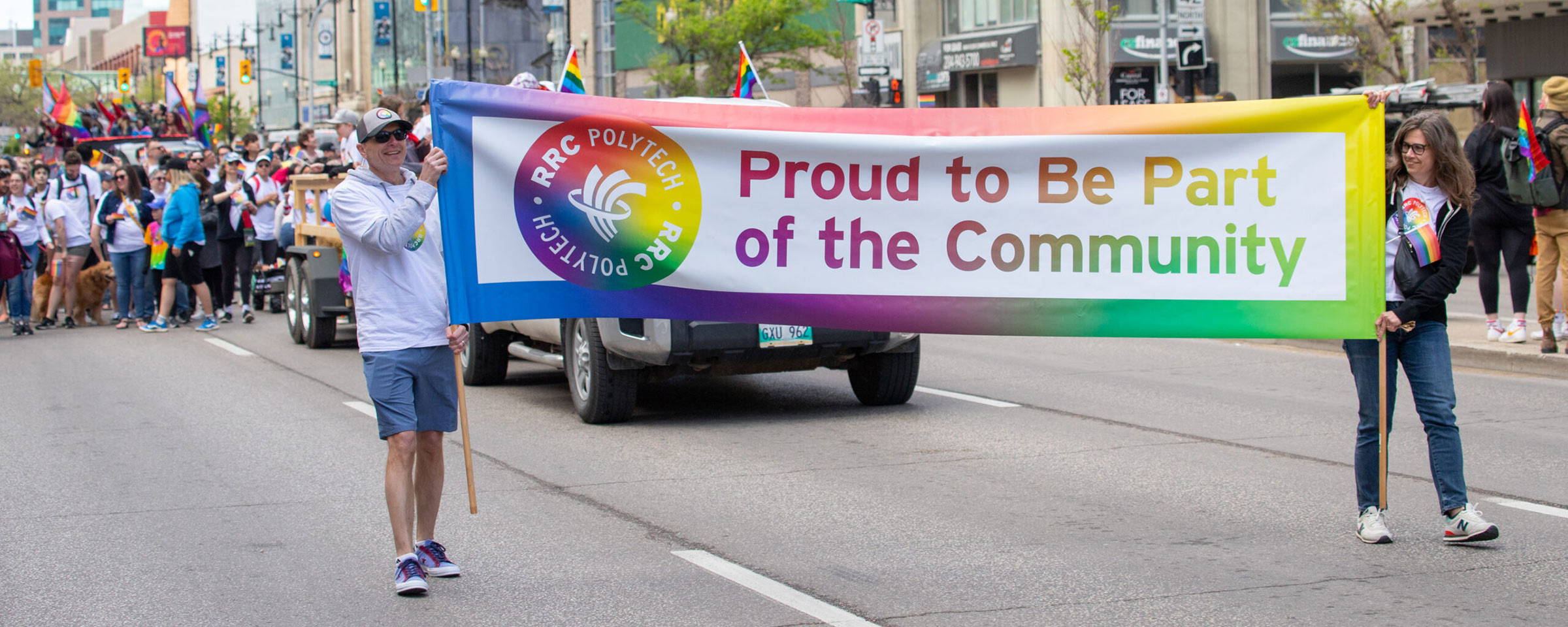


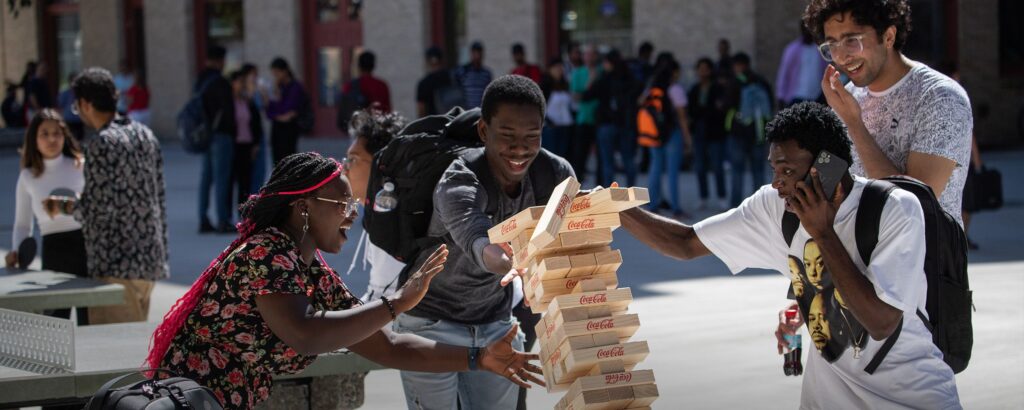
 Jay Scott is an instructor at RRC Polytech’s ACE Project Space and chairs the Neurodiversity Working Group, working to promote awareness and support for neurodivergent people. Before teaching, he worked in software development, building electronic medical records at Varian Medical Systems and later programming within game engines and tools at Ubisoft Winnipeg. Diagnosed with ADHD in 2022 and autism last year, Jay spent a long time wondering why certain tasks felt impossible to start, both at work and at home. Medication was a game-changer—it made directing focus so much easier, particularly on work that isn’t exciting or urgent.
Jay Scott is an instructor at RRC Polytech’s ACE Project Space and chairs the Neurodiversity Working Group, working to promote awareness and support for neurodivergent people. Before teaching, he worked in software development, building electronic medical records at Varian Medical Systems and later programming within game engines and tools at Ubisoft Winnipeg. Diagnosed with ADHD in 2022 and autism last year, Jay spent a long time wondering why certain tasks felt impossible to start, both at work and at home. Medication was a game-changer—it made directing focus so much easier, particularly on work that isn’t exciting or urgent. 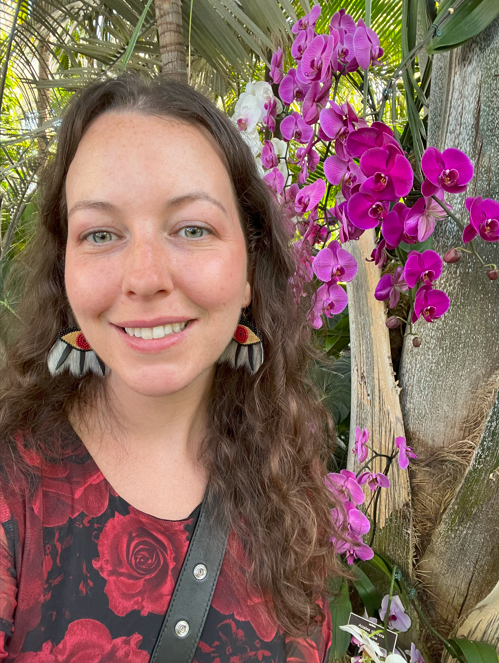

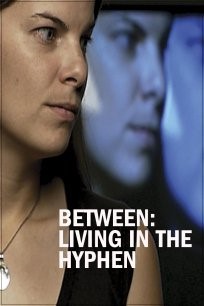

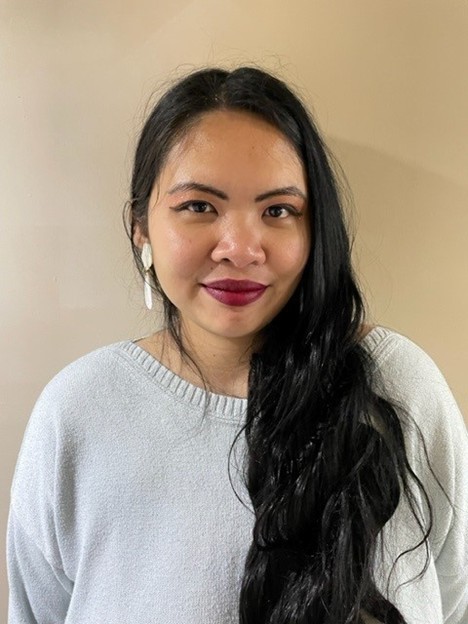 Janine is currently an Acting Chair for the School of Continuing Education, and was previously the Educational Developer who primarily supported the School of Indigenous Education.
Janine is currently an Acting Chair for the School of Continuing Education, and was previously the Educational Developer who primarily supported the School of Indigenous Education.  Emma Duffy (She/Her) is a Workforce Solutions Lead at the Sinneave Family Foundation. She has a Bachelors in Community Rehabilitation & Disability Studies and a Masters in Management, along with 8 years of experience working with non-profits. Emma plays a lead role in ensuring the success of the NEUROinclusive Workforce Solutions service and is passionate about supporting employers and teams in learning more about how to be a neuroinclusive workplace.
Emma Duffy (She/Her) is a Workforce Solutions Lead at the Sinneave Family Foundation. She has a Bachelors in Community Rehabilitation & Disability Studies and a Masters in Management, along with 8 years of experience working with non-profits. Emma plays a lead role in ensuring the success of the NEUROinclusive Workforce Solutions service and is passionate about supporting employers and teams in learning more about how to be a neuroinclusive workplace.  Sarah Darrell (She/Her) is an Inclusive Workforce Specialist at the Sinneave Family Foundation. Through her Bachelors of Arts in Sociology, minor in Business, experience in the public and private sector and lived experience, Sarah has strong foundational knowledge of diversity, equity and inclusion and its role in business. She focuses on creating ways to share knowledge with employers and related stakeholders about the need for and value of neuroinclusion in work and learning environments.
Sarah Darrell (She/Her) is an Inclusive Workforce Specialist at the Sinneave Family Foundation. Through her Bachelors of Arts in Sociology, minor in Business, experience in the public and private sector and lived experience, Sarah has strong foundational knowledge of diversity, equity and inclusion and its role in business. She focuses on creating ways to share knowledge with employers and related stakeholders about the need for and value of neuroinclusion in work and learning environments. 